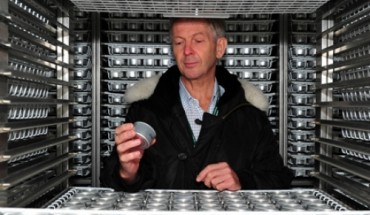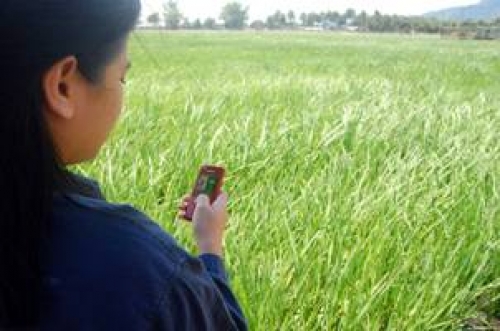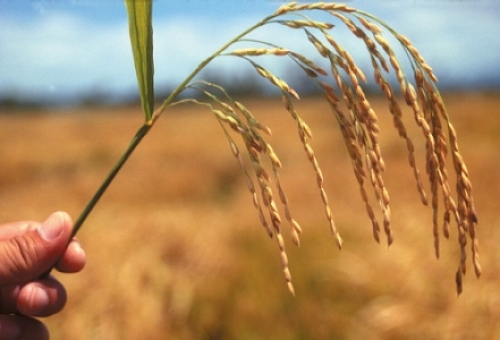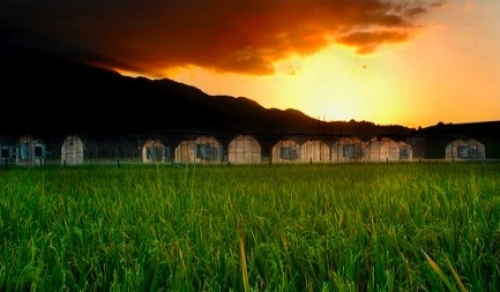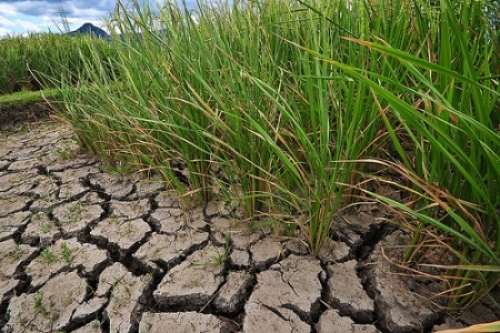Agriculture is often accused of reducing biodiversity. Diverse natural ecosystems are replaced with comparatively uniform farming systems. About 10,000 to 15,000 years ago, the wild ancestors of cultivated crops were put through a genetic bottleneck, as the first farmers found and selected those few forms...
Plant breeders are always in search of new breeding tools to produce high-yielding crop varieties with superior grain and nutritional quality, which are also resistant to diseases and insects, and tolerant of environmental stresses (drought, flooding, salinity, cold, etc.). Of the many tools available, anther culture-derived doubled haploids (haploid cells having two copies...
Food security is back on the global agenda. With the recent food crisis, public attention has returned to issues of availability and affordability, particularly for the urban and rural poor. Responses to the accelerating changes in food stocks and prices in recent months ranged from interventions at the policy level to calls for longer term strategies, including greater...
Rising fertilizer prices and misperceptions about environmental degradation in intensive agriculture have stimulated claims that so-called “low-input” technologies relying on organic nutrient sources may provide a more sustainable means of producing food crops and increasing farmers’ income. However, the sole use of organic technologies would likely perpetuate food...
As we grapple with the world rice crisis, I think of Alexander Humboldt, Henry Bates, Alfred Russel Wallace, Charles Darwin, and Richard Spruce. These extraordinary naturalists wove their exceptional powers of observation into the bases of the modern sciences of biogeography, meteorology, geology, tropical biology, and evolution. Their wide interests and insight contributed...

